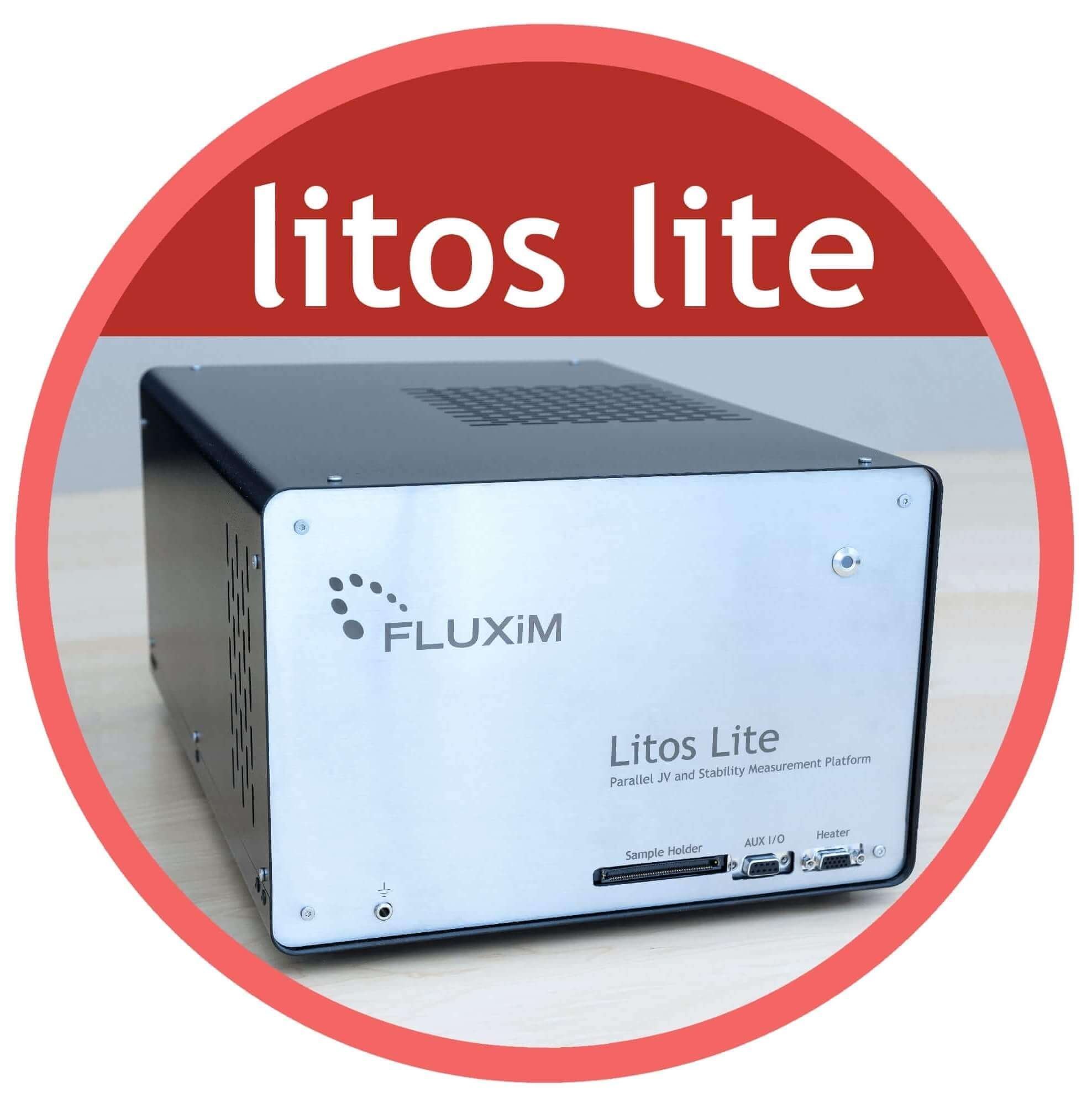The 9th International Conference on Simulation of Organic Electronics and Photovoltaics (SimOEP) will be held in Winterthur, Switzerland, from Monday, 2nd September to Wednesday, 4th September 2024.
The SimOEP conference brings together modeling experts and device physicists from industry and academia in the field of organic and perovskite solar cells as well as OLEDs. The addressed topics include charge and heat transport, exciton dynamics, light propagation and the simulation domain ranges from nanometer to centimeters.
SimOEP’24 Program
SimOEP 2024
Products of Organic Electronics and Photovoltaics are successfully penetrating consumer electronics and renewable energy markets. Commercialization is accelerating continuously and everyone can enjoy amazing new products to buy, for instance, stunning OLED displays for mobile devices and TVs as well as flexible organic solar cells. With the commercial success of OLED display products and the rise of perovskite solar cells one may be tempted to disregard the many research challenges that we are still facing in this field and which prevent an even wider exploitation of these technologies.
The challenges are manifold. So are the synthetic materials these technologies are based on. Physical models and simulation algorithms are very useful in this context. They enable scientists to explore the behavior of a material or device on a computer. On the one hand, the numerical models help to understand and interpret measurement data and to further develop refined and reliable physical models. On the other hand, the models allow one to optimize materials and devices. Progress in this field relies on an interdisciplinary approach that combines experimental, physical, chemical and numerical expertise.
The motivation of this unique conference is to bring together these experts and enjoy a fruitful scientific exchange among them that will focus on a comprehensive range of topics. This will eventually lead to ever more reliable, validated physical models which accelerate our research efforts. We are pleased to chair this conference that continues a series of successful international simulation workshops on this topic previously held in Switzerland (2010, 2011, 2016, 2018, 2020, 2022) and Spain (2012, 2014).
Workshops & Exhibition
We will once again feature workshops utilizing Fluxim's R&D tools. Our product experts will present the newest features of Setfos, Paios, and Litos Lite. This is an excellent chance for you to get the inside track on upcoming development plans and to share your invaluable feedback.
See Our New Prototypes Instruments
What instruments do researchers want next? That is the question we hope to answer in a series of short pitches where we will present prototypes of our future products.
Bring Your Devices with you
We´re going one step further this year at the exhibition and we are hoping to demonstrate how invaluable our tools are to researchers by measuring them while you watch.
Due to time constraints, we can only offer this service to a limited number of people. If you would like to participate, please contact Fluxim by e-mail (info@fluxim.com) and we will confirm with you before the conference. We can measure lab-scale OLEDs, QD LEDs, MicroOLEDs, Perovskite Solar Cells, Tandem Solar Cells, and Organic Solar Cells.
We look forward to seeing you in September.
Conference Committee
Beat Ruhstaller, Fluxim AG, ZHAW Zurich University of Applied Sciences
Evelyne Knapp, ZHAW Zurich University of Applied Sciences
Sandra Jenatsch, Fluxim AG
Confirmed Speakers
Confirmed Speakers
Priscilla Caliandro
BFH, CH
Li Ion Battery from Electrochemical Characterization to Advance Modeling
James Connolly
GEEPS, FR
Three Terminal Organic-Silicon Tandem Models
Franky So
NCSU, USA
Optics and Photonics of Nanostructure OLEDs
Ludvig Edman
Umea, SE
Light-Emitting Electrochemical Cells: Basic Understanding for Functional and Sustainable Devices
Jesper Jacobsson
Nankai University, CN
The Quest for Interoperable Perovskite Solar Cell Data: Challenges and Opportunities
Wolfgang Tress
ZHAW, CH
Revisiting the Working Mechanism of Perovskite Memristors
Christoph Kirsch
ZHAW, CH
Simulation Study of a Model Reduction Approach for Large-Area Devices
Anna Köhler
Uni Bayreuth, DE
Simulating Charge Transport in the Limit of High Carrier Densities or Low Disorders
George Koutsourakis
NPL, UK
Indoor Standard Testing Conditions (ISTC) for Indoor Photovoltaic Device Testing
Peter Levermore
Excyton Ltd., UK
TurboLED: Smart Display Design
Larry Lüer
FAU, DE
Identifying Crucial Device Parameters in Emerging Photovoltaics: Towards a Digital Twin
Davide Moia
Fluxim AG, CH
Mobile Ions in Halide Perovskites: From Drift-Diffusion to Equivalent Circuit and Defect Chemical Models
Alex Morata
IREC, ESP
Study of Diffusion in Li-ion Electrodes by Operando Spectroscopic Ellipsometry
Giles Richardson
University of Southampton, UK
Numerical Modeling of Charge Transport in Mixed Ionic Electronic Conductors
Ifor Samuel
University of St Andrews, UK
Making Brighter OLEDs (and Lasers)
Andreas Schiller
Fluxim AG, CH
Assessing the Influence of Illumination on Ion Conductivity in Perovskite Solar Cells
Safa Shoaee
Potsdam University, DE
Illuminating The Dark Side Of Triplet State And Its Role On VOC In PM6 Solar Cells
Miguel Torre
ZHAW, CH
Ion Migration and Its Impact on Recombination in Perovskite Solar Cells
Christian Wolff
EPFL, CH
Halide Perovskite Multijunction Solar Cells
Oliver Zbinden
ZHAW, CH
Machine Learning for Surpassing Limits in Perovskite Solar Cells
Urs Aeberhard
Fluxim AG, CH
Multi-Scale Simulation of Reverse-Bias Breakdown in All-Perovskite Tandem Photovoltaic Modules under Partial Shading Conditions
Vasilis Georgakopoulos
Fluxim AG, CH
Numerical Study of Trap Induced Capacitance in Polymer Light Emitting Diodes
Edoardo Stanzani
Fluxim AG, CH
Investigation of Exciton Quenching Mechanisms in OLEDs through Combined Characterization and Simulation
Registration fees
300 CHF for PhD and Master students
400 CHF for professionals and scientists
Conference dinner is included





